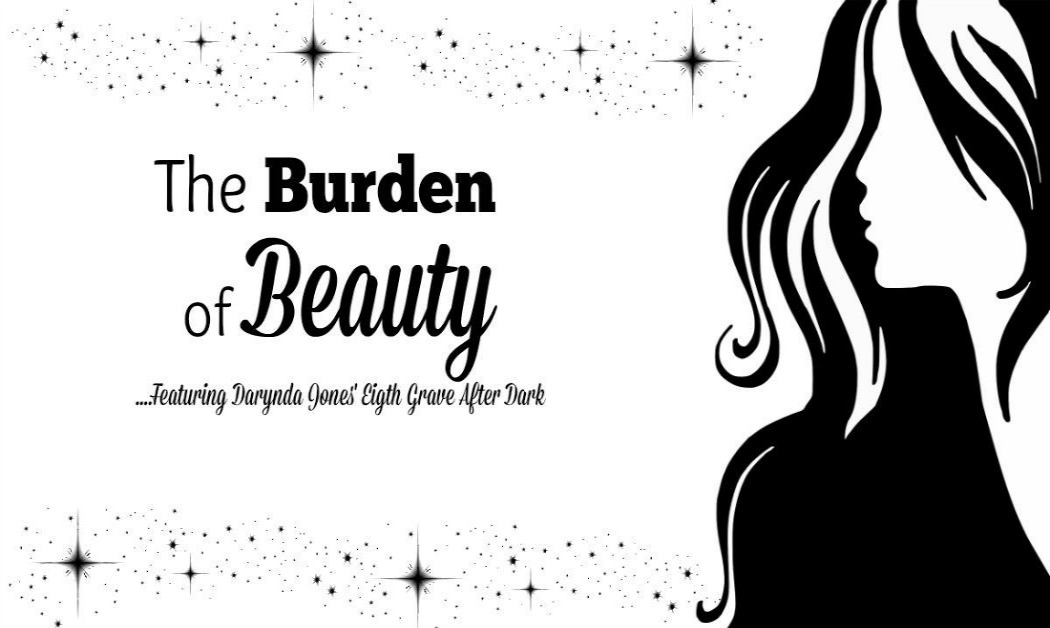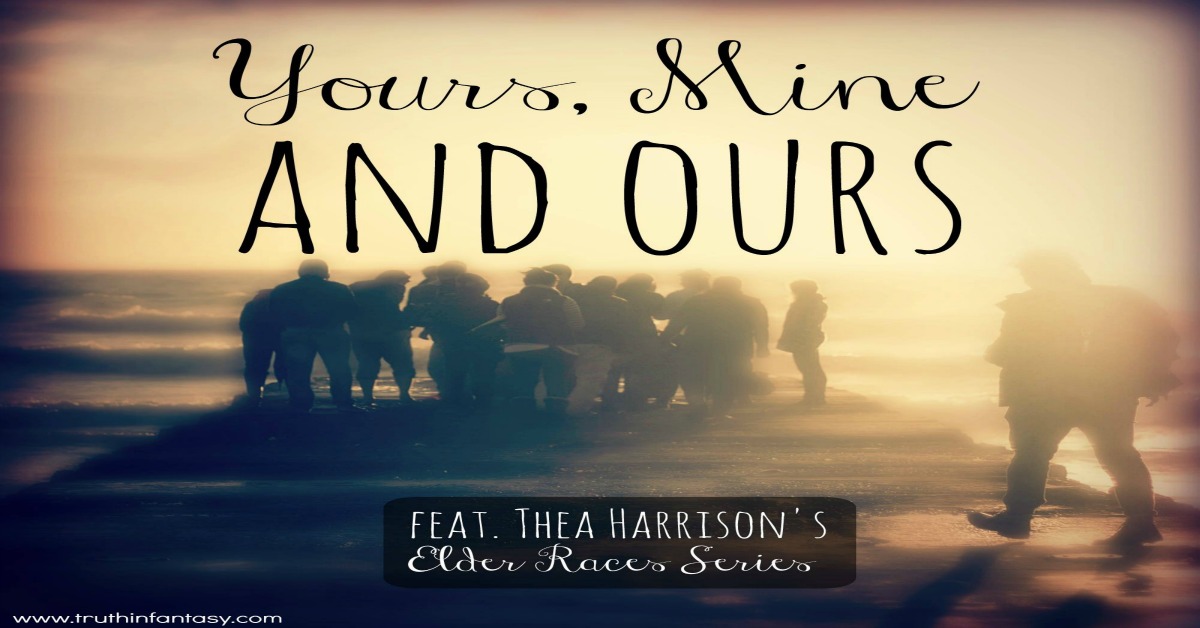I'm so excited to tell you about Lilo Abernathy's new offering in the Bluebell Kildare series, The Light Who Binds. You all know how much I loved The Light Who Shines, and how much food for thought that book inspired. Book 2 is no different, with a great mystery and lots of answers to questions raised in the first book (I have a pet peeve when an author makes us wait for multiple books to advance the story arc--and I love it when we get answers that make sense and lead us to want even more, as Lilo's books do--but back to the subject at hand). Today, I'm evolving my thoughts about hope and fear, which I've written about before, complements of the fabulous Fever series by Karen Marie Moning and Lilo Abernathy. According to Ms. Moning, and I agree with her, hope strengthens, fear kills. Hope is a major theme that Lilo Abernathy explores in her novels and The Light Who Binds has further illuminated the subject for me. What happens when what we fear is hope? In my last post on this subject, I cited the poet James Richardson who wrote that a pessimist fears hope while an optimist fears fear. What does it mean to fear hope and what the hell should we do about it?
In The Light Who Binds, there are a lot of opportunities for hope. Blue hopes that Jack will become deconflicted and admit that he has romantic feelings toward her. Jack hopes that Blue will be able to forgive him when she finds out what he's been keeping from her all this time. Daylight Vampires (the good guys) hope that Blue will turn out to be the savior of their race so that they can avoid being damned to the Plane of Fire. Gifted humans (those with magical abilities) hope that Norms (non-magical humans) will stop persecuting them and learn to live in peace. Blue hopes that she will be able to meet everyone else's hopes. There is a lot of hope being bandied about. But no one is particularly happy about it.
So it seems I'm going to contradict myself, for those of you keeping score in a less than generous mood. If you are more charitably inclined, I'm going to refine my arguments (of course, few of us are allowed to refine or change our minds these days--if we said something or did something--anything--that was recorded for posterity no matter how long ago, we are now forever being held to that position or belief in perpetuity. God forbid our thinking should be allowed to develop without our being accused of being a total hypocrite—(but I think I've strayed fairly far afield again, sorry). Hope strengthens, fear kills, except when fear of hope is justified and letting go of hope--without falling into despair--is sometimes the thing to do.
Are you baffled yet, 'cause I'm making my own head spin. Let's take this one step at a time. I think what I'm saying is that like love, we can sometimes unclench the fist we've wrapped around our hope and let it fly away. If it comes back, it's ours forever. If it doesn't, it never was. For example, Blue loves Jack. But she's gotten her hopes up so many times, only to have them dashed against the cliffs of Jack's ambivalence and unwillingness to commit his feelings one way or the other, that she is afraid to hope that things might change. Such hope is painful and sets up a roller coaster of feelings that could leave anyone feeling weak and nauseated. But rather than falling into despair, Blue charts a different, more effective course (if efficacy is measured in terms of whether she gets what she wants with the least amount of drama and extremes of emotion). Blue decides, or is somehow able, to accept that circumstances are not what she'd prefer in the moment, and she's not going to invest a lot of energy in future expectations that may not be met, but she will be content to let the potential unfold the way it will. This approach is much like I imagine Zen to be (I'm not much of a Zen girl, although I do aspire to a more balanced and even-keeled existence--except when I prefer to pay the price of ridiculous highs with the counterweight of abysmal lows--I'll keep you posted on how that all works out for me; I know you're waiting with baited breath).
So Blue is neither hopeful nor fearful. And she’s not in despair. She's taking it as it comes. I think I know what that feels like, maybe. I have a brother. He's my only sibling. We were extremely close growing up. We have been estranged for the past twenty years, and had a complete break two years ago when my mother died. For twenty years, I hoped that we could repair our relationship. But every time I reached out to him, it ended badly, with my heart a little more broken by him than it was before. But I refused to let go of my hope that things would improve. I was terrified by that hope; however, because like Pavlov's dog, I had become conditioned to believe that any hope associated with my brother would inevitably lead to excruciating pain shortly thereafter. I'd gotten burned so often I was a hot mess (to paraphrase one of Lilo’s particularly awesome sentences).
How does this story end? I think I've finally gotten to where Blue hangs out; I accept that the situation is what it is. I have no expectations that the relationship with my brother will improve. On the other hand, if I were convinced that something had fundamentally changed, I could be persuaded to open the door to hope once again and invite it to come in and take a load off.
The lesson here, I think, is that if we can divorce hope from expectation, then we can hold onto hope--which strengthens--and let go of fear--which kills. When we get to the place where we fear that which strengthens us, we need to look at the nature of our hope and question whether it has morphed into expectation, which is just a short hop from making demands. In my experience, demands are rarely met with joyful compliance on the other end. I try to avoid making demands, as success is usually specious, engendering resentment and resistance that inevitably come back to make us regret the whole endeavor.
Have I come full circle? Can I still say hope strengthens and fear kills? And can I also say that maybe hope isn't such a schizophrenic bitch, but that expectation masquerading as hope is? Does this formula work for you? Do I need to contemplate this subject some more? Perhaps I'll have to wait for the next books in the Fever and Bluebell Kildare series to say for sure. In the meantime, I'll hope to avoid false hope and to embrace its more authentic expression. I'll eschew fear in all its forms to the best of my ability and have faith that I'll be able to recognize all these variations when I encounter them. I’ll choose the audacity of hope and remember that courage is fear that has said its prayers.



















